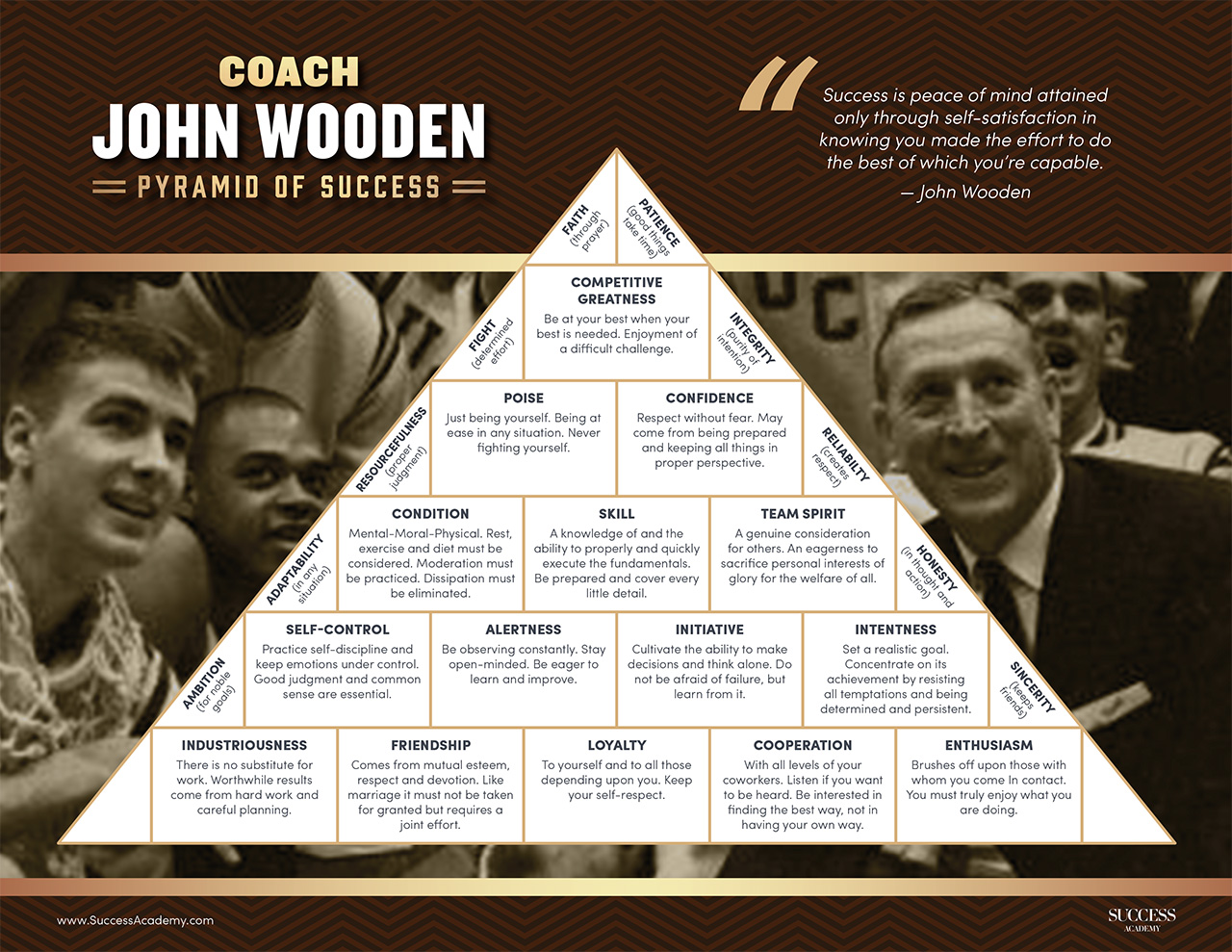“Poverty is the [parent] of crime” – Marcus Aurelius
When I completed my PhD, I was uncertain where I would go next. I thought I would write and present about what becoming a teacher meant, after all that was the subject of my dissertation. As good luck would have it, I meandered in a different direction, teaching a philosophy of education course and supervising student-teachers. As well, I began to write and present, initially with colleagues and more on my own, about what we call an andragogy of hope. This morphed re-imagining education, including how we educate aspiring teachers and how they continue to educate themselves once in the profession. Now, I am combining hope, peace, and holistic education under one umbrella. They are interrelated and, in my mind, essential to the future of a world for our children, grandchildren, and future generations.
When I enter K-12 classrooms, and for that matter post-secondary ones, it strikes me how little has changed and what has changed is more a regression than a moving forward. Yes, we have different tools in our classroom, but students often sit in rows, teachers deliver from the front, and there is little true deep dives into curricular topics, exploring the contours of their topography. Teachers tells me they cannot touch certain topics as a small slice of their community will shout others down. Parker Palmer says classrooms should be spaces where tensions, holding our differences hospitably. In other words, they would be safe spaces where dialogue, deep listening, and civil discourse emerge.
Imagine, if teachers educated themselves to open up hospitable spaces, where listening to beloved others was essential. John Lennon wrote and sang “You may say I’m a dreamer/But I’m not the only one/I hope someday you’ll join us/And the world will be as one.” Peace begins as a dream, which suggests it is situational and contextually bound, without giving up its universal elements. Systems theory proposes each person, each classroom can be a node, reaching out to others in a the network. Furthermore, this is trans-disciplinary, which suggests soloed classrooms and teaching one subject at a time is passe.
I understand inertia of the status quo and wishes of ideologues, politicians, bureaucrats, technocrats, etc. in ivory towers act as barriers to transforming education at all levels. It is actually dangerous work, which means teachers at all levels need to be expert in ways they may not have imagined. Dangerous work means being creative:
“Perhaps there is no peace for an [teacher] other than the peace found in the heat of combat. But now the [teacher] is in the amphitheatre. Of necessity, [their] voice is not quite the same; it is not nearly so firm. To create today means to create dangerously” — Albert Camus
This song is from a collaboration between Maria Muldaur and Women’s Voices For Peace Choir.





